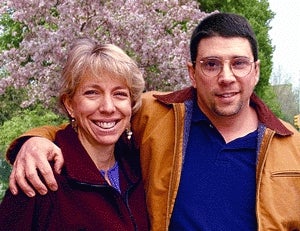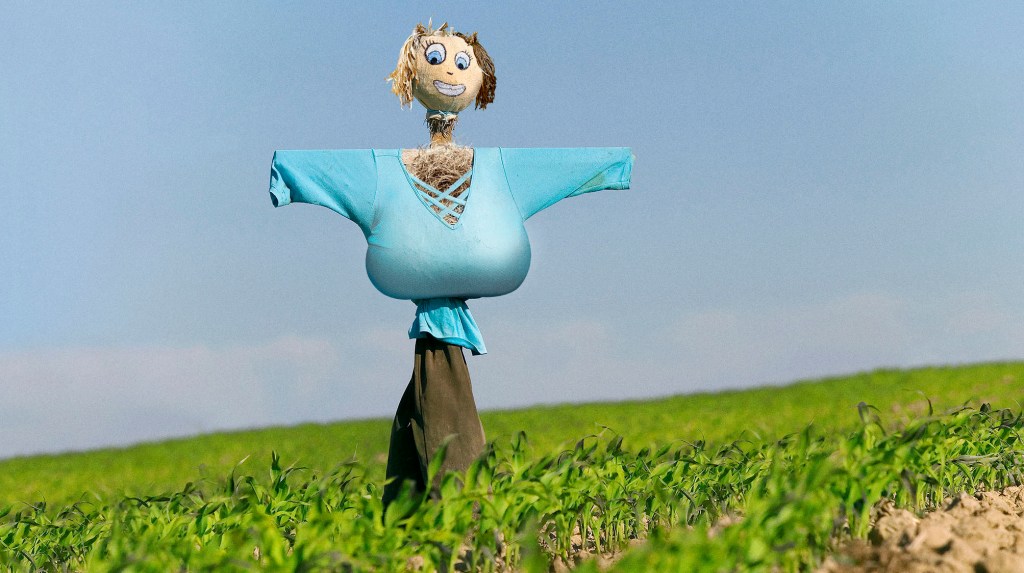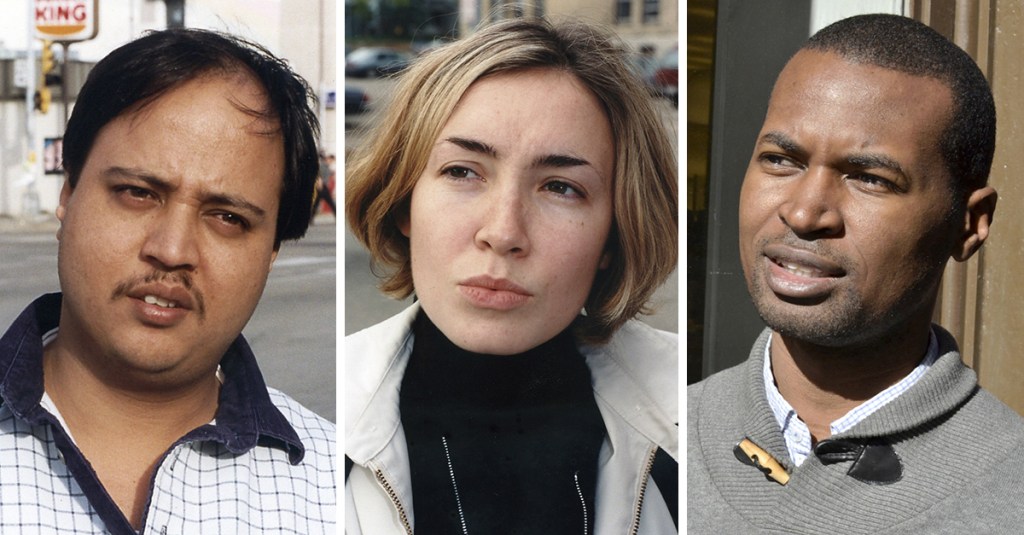SANDY SPRINGS, GA–At the urging of loved ones and their marital counselor, struggling couple David and Joanne Hebner recently opened the channels of communication between them, bringing their 11-year marriage to an end.

“It had been a long time since we openly and honestly expressed how we felt,” Joanne said Monday. “About a month ago, we decided it was time to learn to share our thoughts about each other again. That was the beginning of the end.”
After years of marital stability rooted in mutual denial, the Hebners decided to open a floodgate of repressed feelings–anger, resentment, bitterness, betrayal, and regret–that precipitated their filing for separation on Aug. 11.
“Our mutual friend Rochelle [Kerwin] said that we each had to look deep into our hearts and tell the other what we found,” Hebner said. “Well, I found that I hate the fact that David is content merely being a high-school art teacher, and he found that he hates my ’obsession with climbing the social ladder.’”
After several weeks of openly communicating at the top of their lungs, the couple decided to see a counselor to find out if their marriage could be saved.
“Joanne and David are the classic example of a couple who have fallen into harmful EDPs, or Emotion-Denial Patterns,” Dr. Dorothea Boushea said. “They needed to relearn to express themselves. Only when partners open their hearts to each other’s hopes, fears, and needs can a marriage grow.”
With Boushea’s help, the Hebners realized just how much they truly disliked each other.
“I tore down the wall I had built around myself and told Joanne what was hidden deep within my soul,” David said. “Namely, that I can’t stand the air of Southern gentility that pervades everything she does. I can’t stand her anachronistic attitudes and values. I can’t stand her family. I can’t stand her accent.”
“On my own journey of discovery, I learned that I hate the fact that David has no overarching plan for his life,” Joanne said. “I also learned that I hate the way he dresses. And his goatee.”

During one session, Dr. Boushea had David and Joanne each take out a sheet of paper and draw two columns. She then instructed them to write down all the things about their relationship that were positive on one side, and all the things they considered ’barriers to happiness’ on the other.
“Let’s just say one of the columns continued on the back of the pages and onto another sheet of paper,” Joanne said. “Then there was the fact that when Dr. Boushea asked us to underline what we considered the number-one obstacle to satisfaction in life, we both underlined each other’s name.”
Once David and Joanne identified their problems, Boushea gave them a list of relevant books to read.
“It seemed like we’d already figured out what to do, but Dr. Boushea insisted we give the books a shot anyway,” David said. “It turns out, she was right: After reading the books, instead of worrying about whether we were doing the right thing, we were 100 percent sure. We made an appointment for the lawyer the very next day.”
Of all the books, the Hebners found Dr. Katharine Vine’s A Beautiful Marriage In 10 Easy Steps the most helpful. During a role-playing exercise from chapter eight, “The Cornerstone Of Complete Honesty,” Joanne told David about the affair she’d had with his best friend Mark.
“I knew instantly I could never forgive Joanne for sleeping with Mark,” David said. “But, thanks to our counseling, I learned that the best thing was to not lay blame on Joanne, but to look inside myself for answers. That’s when I realized that her huge thighs and sagging breasts are huge turn-offs.”
“That was extremely helpful,” Joanne said. “I’d always felt that making love to David was like making love to a log. And now I know why. He’s revolted by my physical presence.”
As they begin the process of separating their belongings and selling their house, the couple takes solace in the fact that they were able to confront their marital difficulties head-on.
“The worst thing two people can do is ignore the problems in their marriage,” Joanne said. “Luckily, we didn’t do that. If we had, we might still be together today.”







